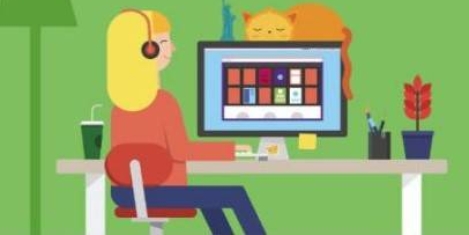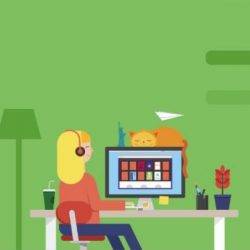To provide the best experiences, we use technologies like cookies to store and/or access device information. Consenting to these technologies will allow us to process data such as browsing behaviour or unique IDs on this site. Not consenting or withdrawing consent, may adversely affect certain features and functions.
The technical storage or access is strictly necessary for the legitimate purpose of enabling the use of a specific service explicitly requested by the subscriber or user, or for the sole purpose of carrying out the transmission of a communication over an electronic communications network.
The technical storage or access is necessary for the legitimate purpose of storing preferences that are not requested by the subscriber or user.
The technical storage or access that is used exclusively for statistical purposes.
The technical storage or access that is used exclusively for anonymous statistical purposes. Without a subpoena, voluntary compliance on the part of your Internet Service Provider, or additional records from a third party, information stored or retrieved for this purpose alone cannot usually be used to identify you.
The technical storage or access is required to create user profiles to send advertising, or to track the user on a website or across several websites for similar marketing purposes.
 Black and minority ethnic workers are far more likely to be trapped in temporary and insecure work, according to a new TUC analysis published to mark the start of its annual Black Workers Conference. The analysis claims to show how BME workers are faring worse than white workers in the jobs market. (more…)
Black and minority ethnic workers are far more likely to be trapped in temporary and insecure work, according to a new TUC analysis published to mark the start of its annual Black Workers Conference. The analysis claims to show how BME workers are faring worse than white workers in the jobs market. (more…)






















 The recruitment and retention of manual and elementary service workers has become a significant challenge for UK employers, claims a new study. The research by Quinyx in collaboration with Development Economics and Censuswide, found that factors such as low pay and a lack of flexibility are key issue, resulting in nearly half (49 percent) of UK employers finding it difficult to recruit these workers, and the same percentage reporting challenges around retention. Issues with recruitment and retention were discovered to be most acute in industries such as hospitality, catering & leisure and retail. In addition, larger businesses (those with a workforce of 250 to 500) are more likely to face challenges compared to smaller-sized businesses. Regionally, businesses in London and the East of England are most likely to struggle to recruit workers into manual or elementary service roles. The findings come at a time when UK employers are expressing growing concern around access to manual and elementary service workers post-Brexit.
The recruitment and retention of manual and elementary service workers has become a significant challenge for UK employers, claims a new study. The research by Quinyx in collaboration with Development Economics and Censuswide, found that factors such as low pay and a lack of flexibility are key issue, resulting in nearly half (49 percent) of UK employers finding it difficult to recruit these workers, and the same percentage reporting challenges around retention. Issues with recruitment and retention were discovered to be most acute in industries such as hospitality, catering & leisure and retail. In addition, larger businesses (those with a workforce of 250 to 500) are more likely to face challenges compared to smaller-sized businesses. Regionally, businesses in London and the East of England are most likely to struggle to recruit workers into manual or elementary service roles. The findings come at a time when UK employers are expressing growing concern around access to manual and elementary service workers post-Brexit.












March 18, 2019
Artificial Intelligence is transforming the workforce as we know it
by Dennis Spaeth • AI, Comment, Technology
(more…)